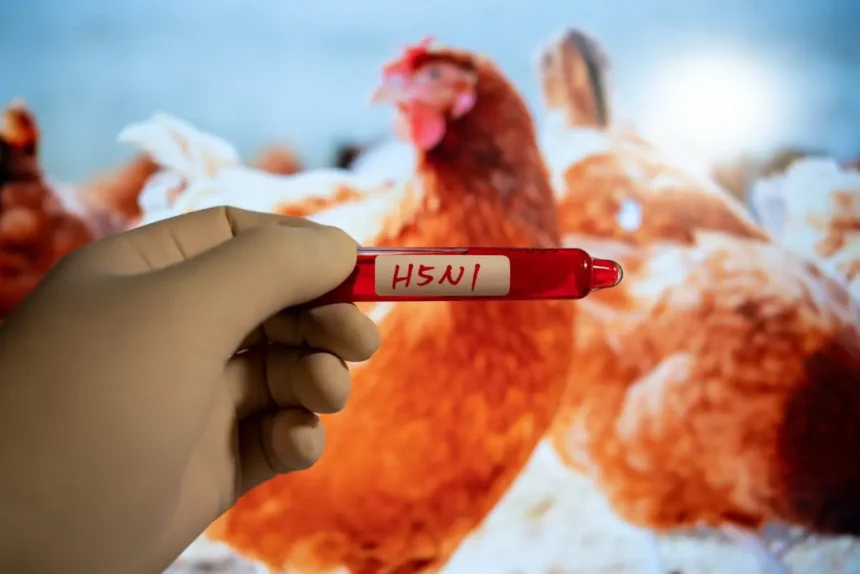Intensify efforts against Highly Pathogenic Avian Influenza spread – veterinarians advise Region
The Committee of CARICOM Chief Veterinary Officers (CCCVO) has advised Caribbean Community (CARICOM) Member States to intensify efforts to prevent the entry of Highly Pathogenic Avian Influenza Virus (HPAIV) in the Region.
The HPAIV, a subtype of ‘bird flu’, causes serious illness that can spread rapidly and result in high death rates in different species of birds, according to the Pan American Health Organisation (PAHO). The most common way for the virus to enter a territory is through migratory wild birds, PAHO said. Recently, the number of cases in non-avian species has risen.
Late last month, a risk analysis sub-committee of the CCCVO met and made recommendations to CARICOM Member States, including a review and update of national HPAI emergency plans and an intensification of surveillance and early detection mechanism and activities.
The Committee also wants Member States to improve collaboration on diagnostics, increase data-sharing to improve regional readiness and mitigate the risk of the disease entering through live animal importation. It has advised that there should be an intensification of regional coordination among development partners and the utilisation of a ‘One Health’ approach among regional public health agencies.
Robust and effective public awareness campaigns must also be implemented on WOAH guidelines, the Committee said.


